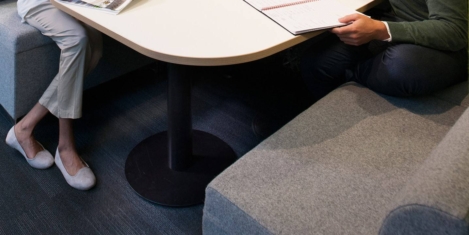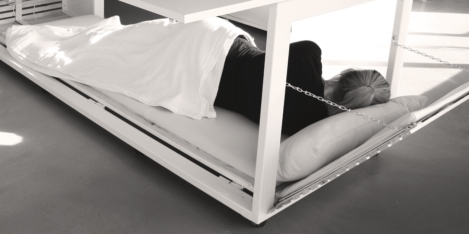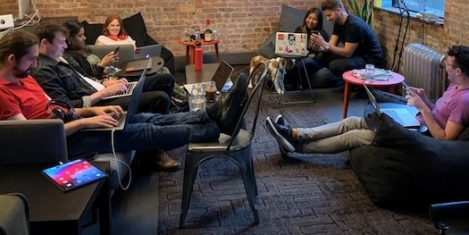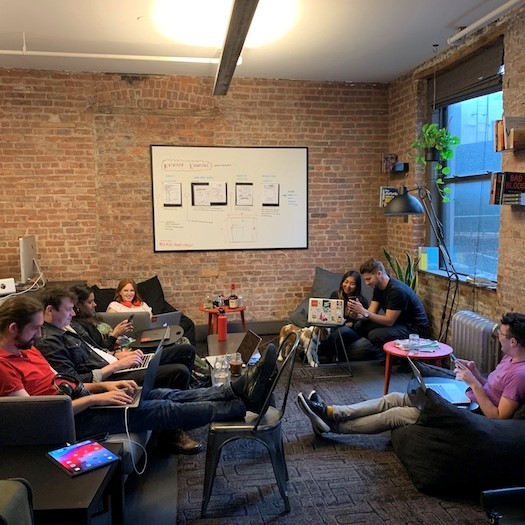August 6, 2019
Gig economy worker rights demand a global approach
 British people increasingly work in temporary positions and on short term engagements: part of a fundamental global shift in the way we work. The domestic gig economy has seen the number of workers more than double in number since 2016, according to a recent report from the TUC and the University of Hertfordshire (conducted with Ipsos MORI). Based on interviews with 2,235 individuals, the report’s key finding is that gig economy platforms, such as Uber, Deliveroo and Upwork, are now staffed by 4.7 million workers – or one in 10 working-age adults, up from one in 20 three years ago. It also found that 15 per cent of survey respondents had undertaken gig economy work at some point – equivalent to almost 7.5 million people if extrapolated across the entire economy. More →
British people increasingly work in temporary positions and on short term engagements: part of a fundamental global shift in the way we work. The domestic gig economy has seen the number of workers more than double in number since 2016, according to a recent report from the TUC and the University of Hertfordshire (conducted with Ipsos MORI). Based on interviews with 2,235 individuals, the report’s key finding is that gig economy platforms, such as Uber, Deliveroo and Upwork, are now staffed by 4.7 million workers – or one in 10 working-age adults, up from one in 20 three years ago. It also found that 15 per cent of survey respondents had undertaken gig economy work at some point – equivalent to almost 7.5 million people if extrapolated across the entire economy. More →






















 Most US workers prefer to spend some time in an office (83 percent) over fully working from home, according to
Most US workers prefer to spend some time in an office (83 percent) over fully working from home, according to 










August 19, 2019
Firms need to place more value on older workers
by Claire Turner • Comment, Wellbeing, Working lives, Workplace
More →